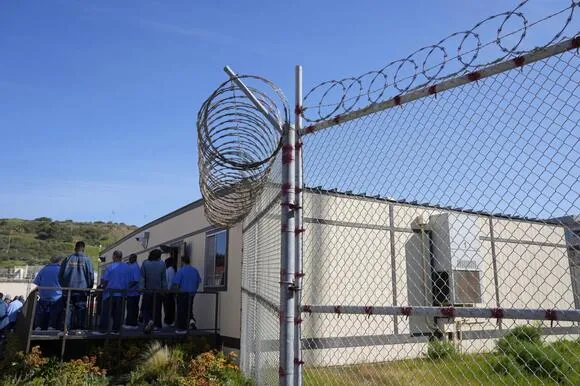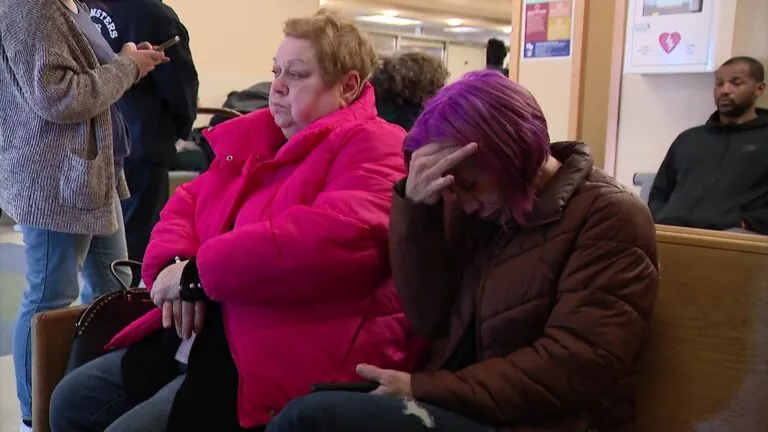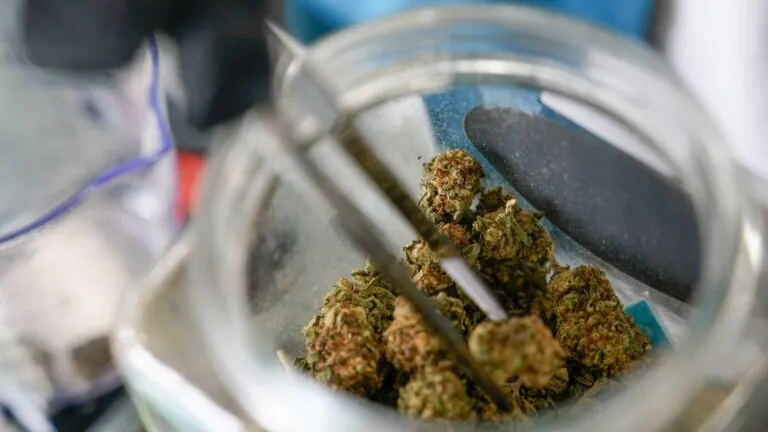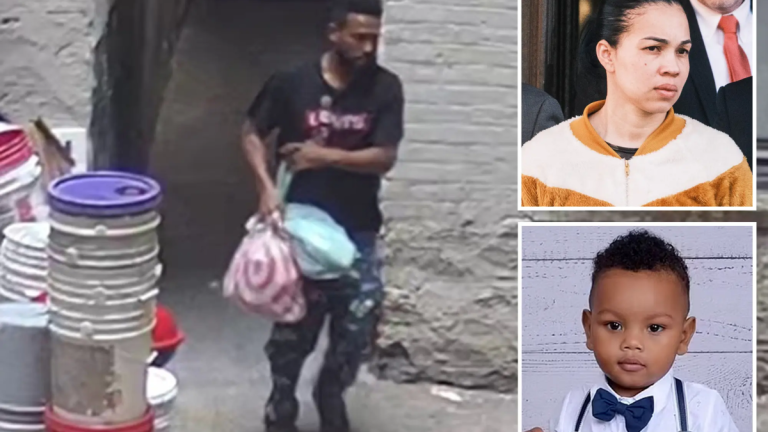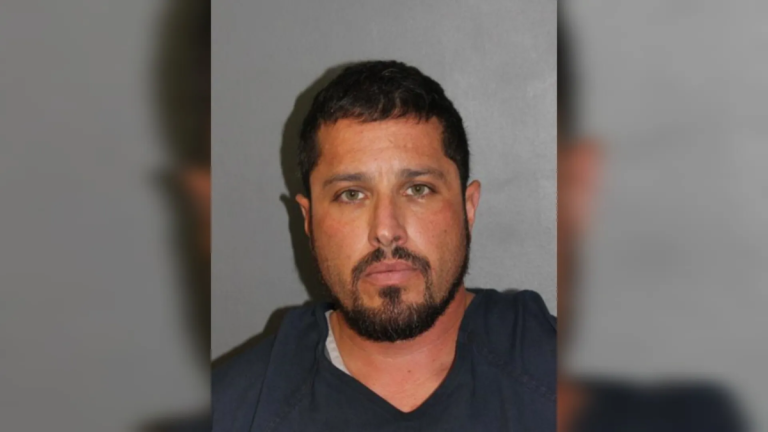Some Californians released from prison will get $2,400 as part of a new state re-entry program
LOS ANGELES – Hundreds of Californians released from jails might receive direct cash payments of $2,400, as well as counseling, job search aid, and other services, as part of a first-of-its-kind initiative aimed at easing the transition out of incarceration and reducing recidivism.
According to the Center for Employment Opportunities, which manages the initiative introduced this week, recipients would receive the money in installments after completing specific milestones, such as making progress in locating places to live and work.
The idea is to offer inmates a chance to “cover their most basic needs,” such as bus fare and food, in the crucial early days after being released from prison, according to Samuel Schaeffer, CEO of the national charity that helps people leave prison find work and attain financial independence.
“The first three to six months are the riskiest, when many people end up back in prison,” Schaeffer said on Thursday. “We want to take advantage of this moment to immediately connect people with services, with financial support, to avoid recidivism.”
The governor’s Workforce Development Board, which is dedicated to strengthening the state’s labor pool, is granting $6.9 million to community-based organizations and expanding so-called re-entry services for the formerly jailed.
Approximately $2 million of it will be sent directly to ex-inmates in the form of cash compensation totaling approximately $2,400 per person. The money will be paid out in installments based on milestones such as attending work interview preparation meetings with a jobs coach, making progress toward getting an industry credential or certificate, and developing a budget and opening a bank account, according to the center.
Schaeffer described the new initiative as a “game changer” and the first of its sort in the country, and he hopes that other states would follow suit.
He stated that his organization distributes funds and arranges services with local organizations that provide services such as career training and mental health therapy. During the height of the COVID-19 pandemic, the Center for Employment Opportunities was charged with giving direct payments to around 10,000 people experiencing financial difficulties.
According to Schaeffer, the center is advising that its partners apply limited qualifying conditions for receiving payments in order to encourage equitable access to the money. There are no restrictions on how the money can be used other than completing the agreed-upon goals.
According to advocates, persons who have been incarcerated typically struggle to find somewhere to live and work as they try to reintegrate back into their communities. According to the organization, around 60% of recently imprisoned individuals are unemployed within the first year of their release.
Assemblyman Tom Lackey, a Republican from Palmdale who frequently discusses criminal justice issues, said he supports any effort to minimize recidivism. However, he is concerned that this new initiative lacks a mechanism for tracking progress and ensuring that taxpayers are getting their money’s value.
“If we are going to issue stipends without parameters for accountability I worry about the return on our investment as it relates to outcomes and community safety,” Lackey said in a statement released on Thursday.
Schaeffer expects his firm to be flexible when the program is implemented, “to keep refining it and getting smarter on how to use it” and to ensure that every dollar counts.
“I wish this partnership existed when I was in re-entry,” said Carmen Garcia, who was formerly incarcerated and is now the director of Root & Rebound, a group that provides legal support to those who have been released from prison.
He claims that the enlarged program will enable organizations like his to “offer these expanded services to more people who are working to rebuild their lives after incarceration.”
Read More:
- Tree trimmer dies while working on Indy’s north side
- VIDEO: AZ Sheriff says illegal border crossers were given free plane tickets, cell phones, and $5000

